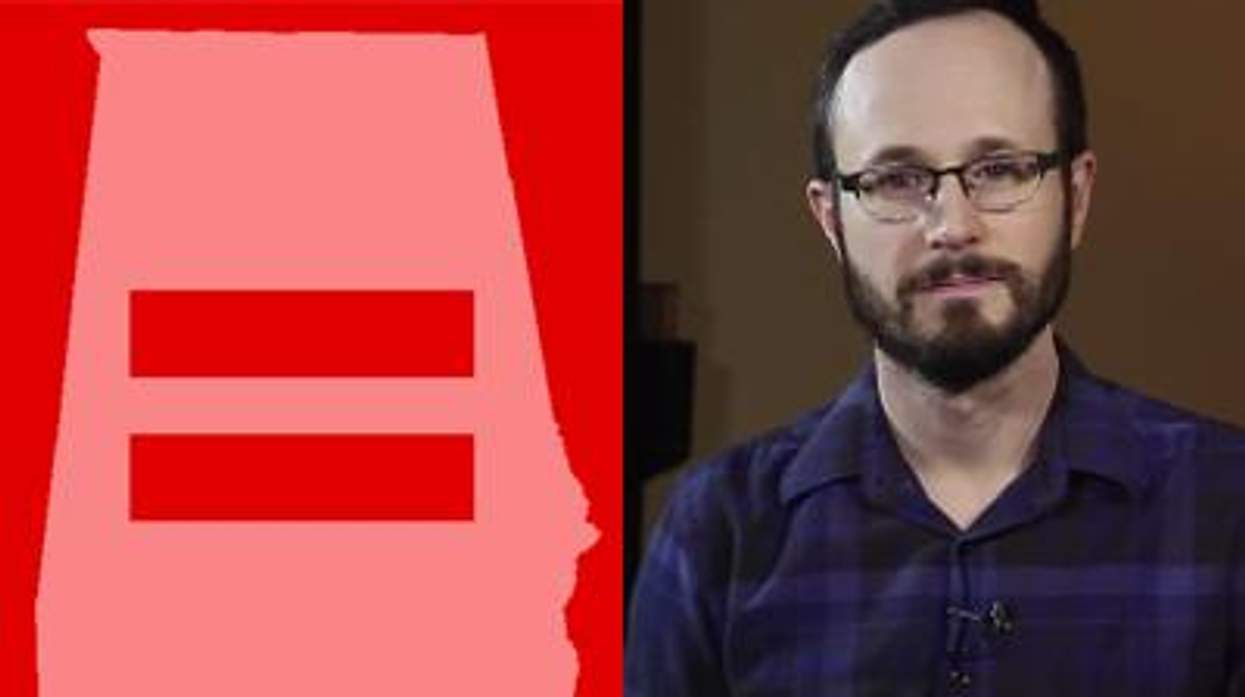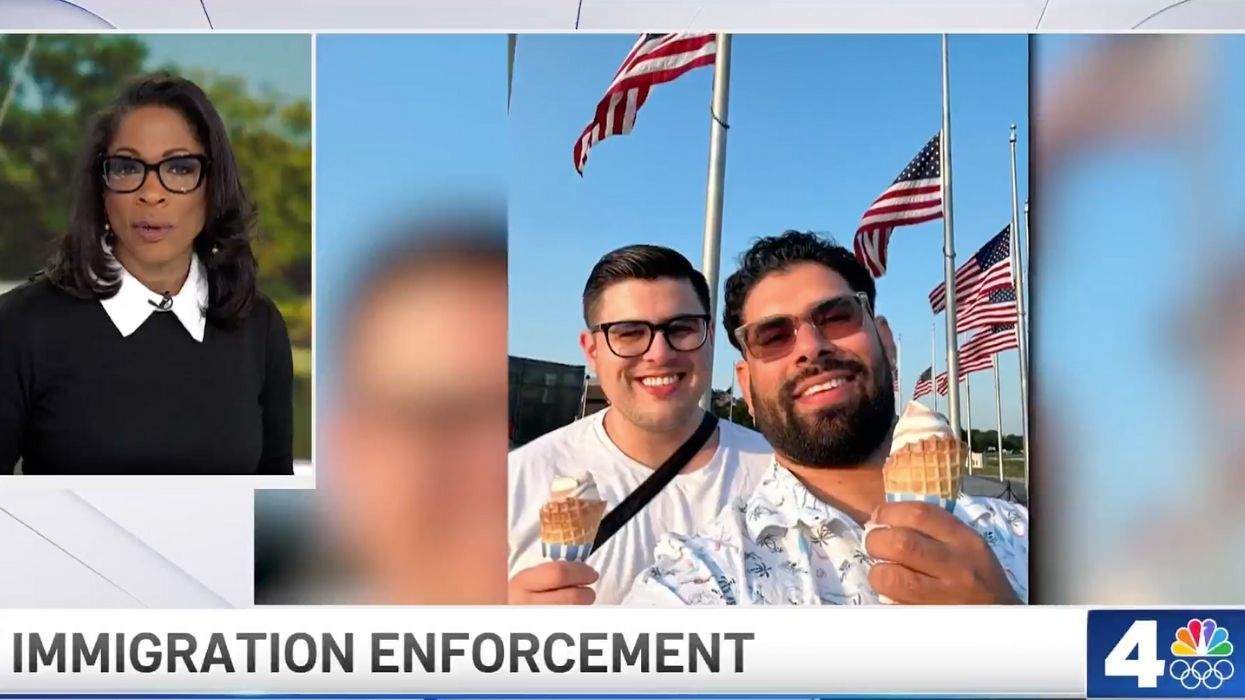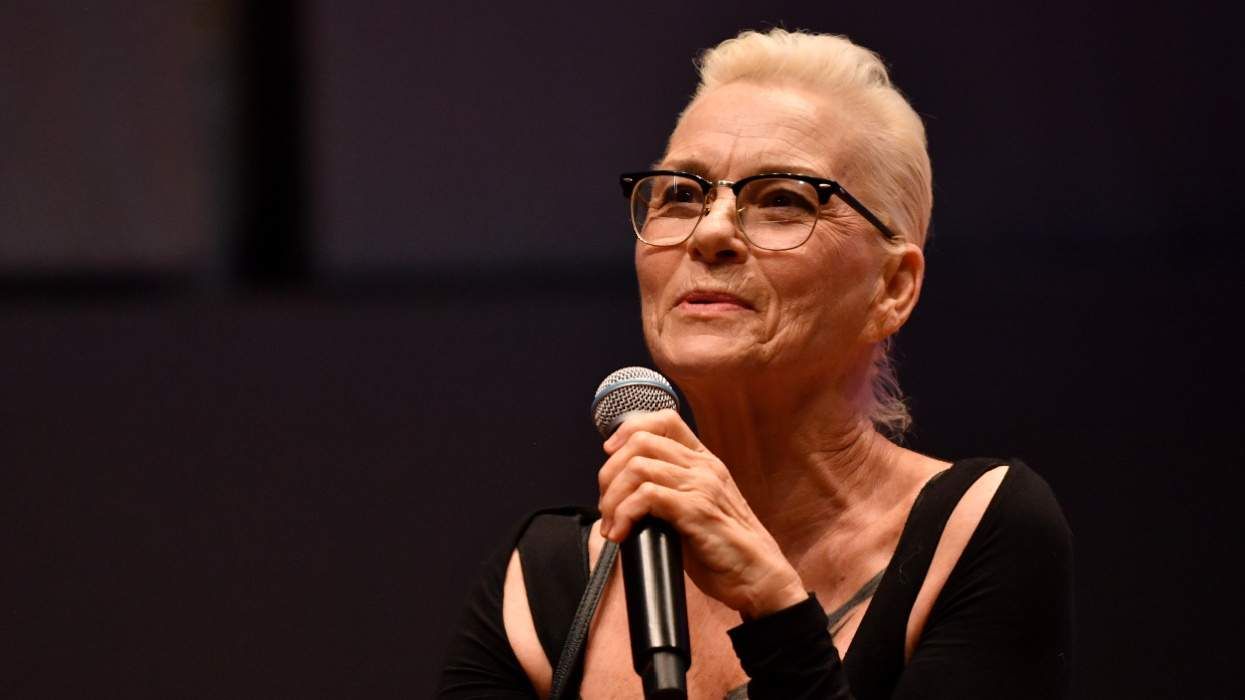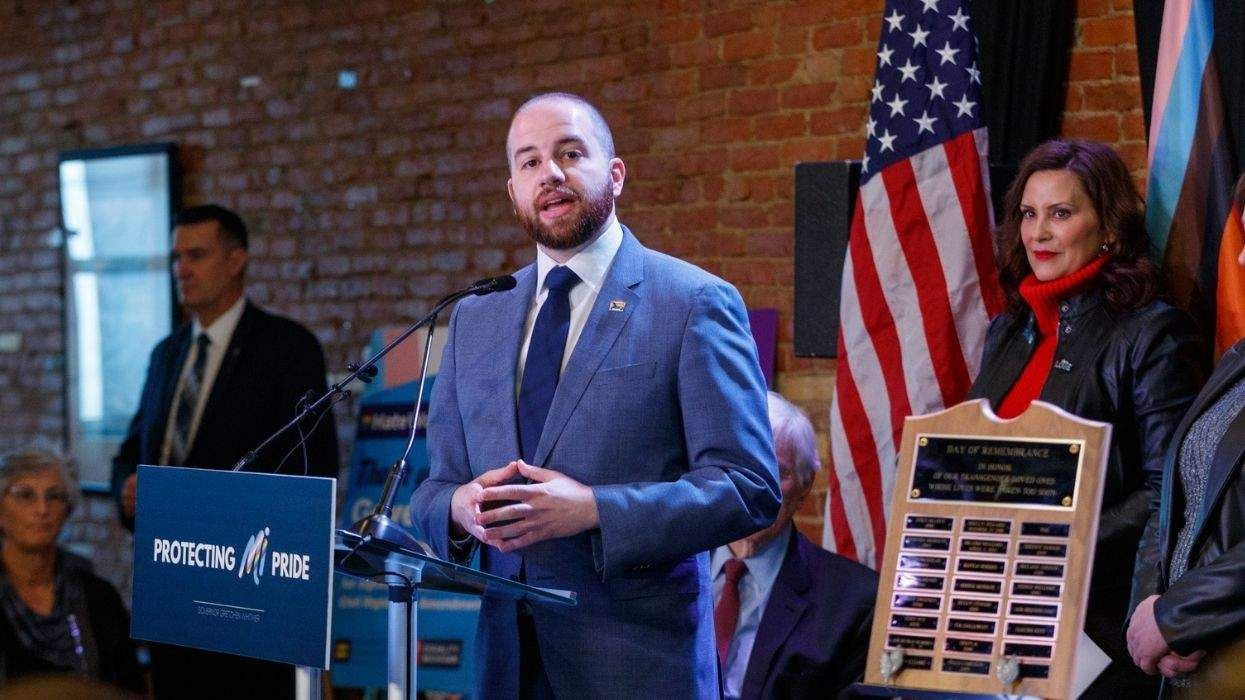Alabama Supreme Court Chief Justice Roy Moore seems certain that he can hold back the march of progress when it comes to LGBT equality. But a quick glance at history proves just how well that's worked for other backward-thinking officials.
This weekend, Moore appeared on Fox News to claim that Alabama doesn't have to obey the federal rulings that allowed marriage to begin in Alabama.
"What this Harvard professor who is president of our United States does not understand is that a trial court's decision on the constitutionality of a federal question is just that, it's an opinion," he said.
In his words were echoes of segregationist southern officials who tried to resist orders to integrate schools. President Johnston had to send National Guard troops to ensure that students could attend classes.
In addition, last week a handful of Alabama judges stopped issuing licenses altogether -- rather than allow gays and lesbians to get married, nobody could get married at all. It's another parallel to the days of school desegregation, when Little Rock high schools were closed for a year, rather than allowing black and white students to mix.
And even the judge who issued the pro-equality ruling for Alabama has a tie to the civil rights movement. U.S. District Court Judge Callie Granade found Alabama's marriage ban unconstitutional; in the 1950s, her grandfather, Judge Richard Rives, found segregated buses to be unconstitutional.















